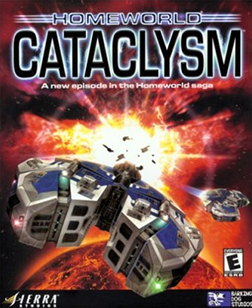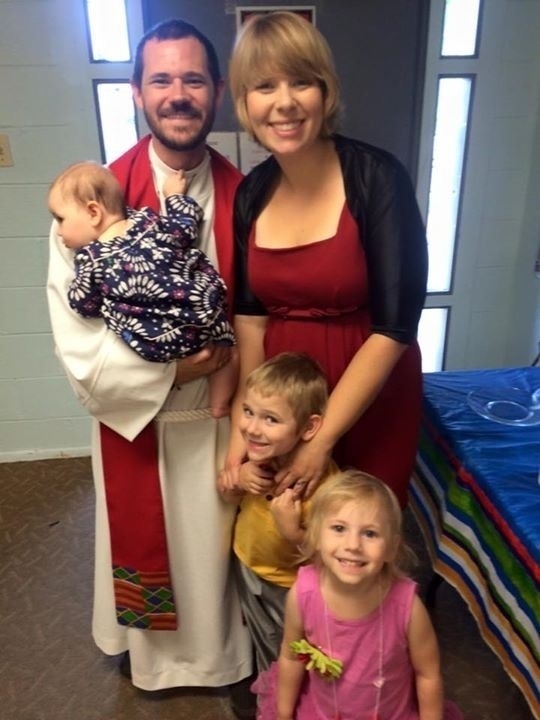Christ is the Mountain
Isaiah casts a breathtaking vision for the inevitable future that awaits us.
“He shall judge between the nations, and shall decide disputes for many peoples; and they shall beat their swords into plowshares, and their spears into pruning hooks; nation shall not lift up sword against nation, neither shall they learn war anymore.” (Isaiah 2:4, ESV)
Isaiah sees a world in which people, tired of violence and war, finally admit they are walking in darkness, that they don’t know how to move forward in the way that leads to life. In this vision, all come to the mountain of the Lord, where they finally learn how to be at peace and literally cultivate life in light of the truth of the ways of God.
It’s not as if God has ever not been teaching the world, how to live, though!
He has sent many prophets (see: the Bible).
It’s just that because of our tendency toward selfishness and self-destructiveness in our attitudes, actions, and affections, we irrationally ignore God’s life-giving word and do our own thing—even when our own thing leads to death.
This is what Jesus is talking about in Matthew:
“For as were the days of Noah, so will be the coming of the Son of Man. For as in those days before the flood they were eating and drinking, marrying and giving in marriage, until the day when Noah entered the ark, and they were unaware until the flood came and swept them all away, so will be the coming of the Son of Man.” (Matthew 24:37–39, ESV)
There’s nothing wrong with eating and drinking, marrying and giving in marriage, but the point was they did not at all change their way of life in light of what was going to happen, in light of what God was speaking to them.
Because of this, they were swept away, and quite literally missed the boat of God’s blessing and protection.
This could be any of us, at any time, if we are not careful, and if we continue to wander in the darkness of our own selfish confusion, and our self-destructive desires.
But God has not left the nations to walk in darkness. He sent us the light of his Son, Jesus Christ. He is the light, and he is the mountain where the good judgements of God take place.
St. Augustine said,
“Approach the mountain, climb up the mountain, and you that climb it, do not go down…There you will be safe, there you will be protected; Christ is your mountain of refuge ”
In his life, we see light, and we understand how to live. In his death on the cross, he condemned sin in the flesh by demonstrating the power of truly self-less love. By his Resurrection, he scatters the darkness from before our path and offers us a share in his eternal life now and forever by his Holy Spirit.
This is public knowledge!
Christ’s work is ours to receive freely by faith, and ours to share freely in word and deed with the world as we wait for all to recognize their need for mercy.
Photo by Cosmic Timetraveler on Unsplash





